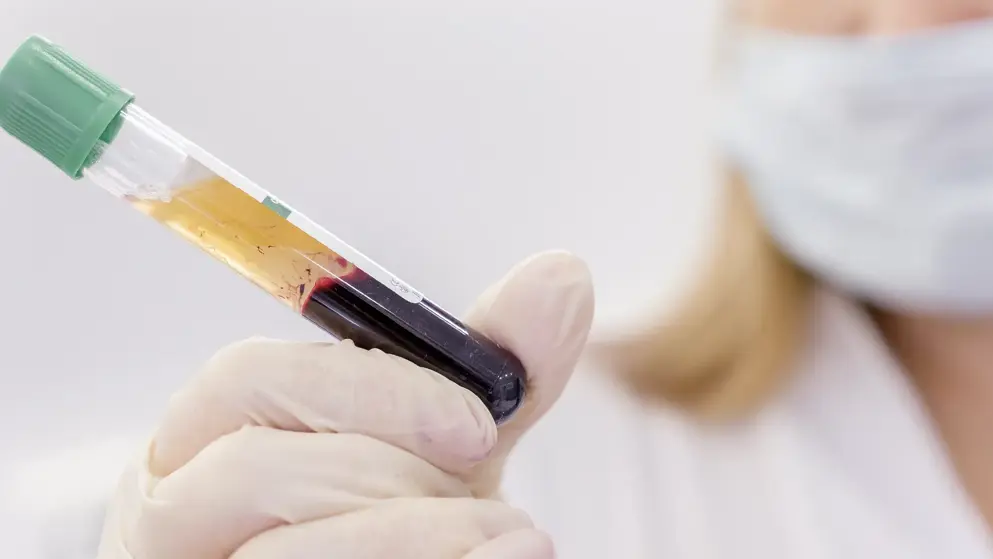Polycythemia vera (PV) therapy confirmed
Incyte announced new 208-week (4-year) follow-up data from the ongoing, global, multi-center, open-label Phase III RESPONSE study of Jakafi (ruxolitinib) comparing the efficacy and safety of Jakafi with best available therapy (BAT) in patients with polycythemia vera (PV) who are resistant to or intolerant of hydroxyurea (HU). The pre-planned data analysis showed a durable primary response to Jakafi in patients with PV who are resistant to or intolerant of HU and the overall safety profile for Jakafi remained consistent with previously reported 80-week RESPONSE data.
The 80-week follow-up results from RESPONSE confirmed that among patients who initially responded to Jakafi treatment, the probability of maintaining primary and hematocrit (Hct) responses for at least 80 weeks was 92% and 89%, respectively, and hence Jakafi could be an effective long-term treatment option for patients with PV who are HU-resistant or intolerant. At the week 208 analysis, the overall long-term safety profile remained consistent with the 80-week data analysis and the response was durable. In both the Jakafi arm and the crossover population, around 30% of patients completed the study treatment and 37% of patients were still receiving treatment.
The most common adverse events in the Jakafi randomized arm (week 208 vs week 80) per 100 patient-years of exposure were anemia (9.3 vs 13.2), pruritus (7.3 vs 9.7), diarrhea (7.1 vs 9.7), headache (6.1 vs 10.5), arthralgia (5.9 vs 6.1), increased weight (5.6 vs 7.5) and muscle spasms (5.4 vs 7.9). The results were shared at the 59th American Society of Hematology (ASH) Annual Meeting 2017.

